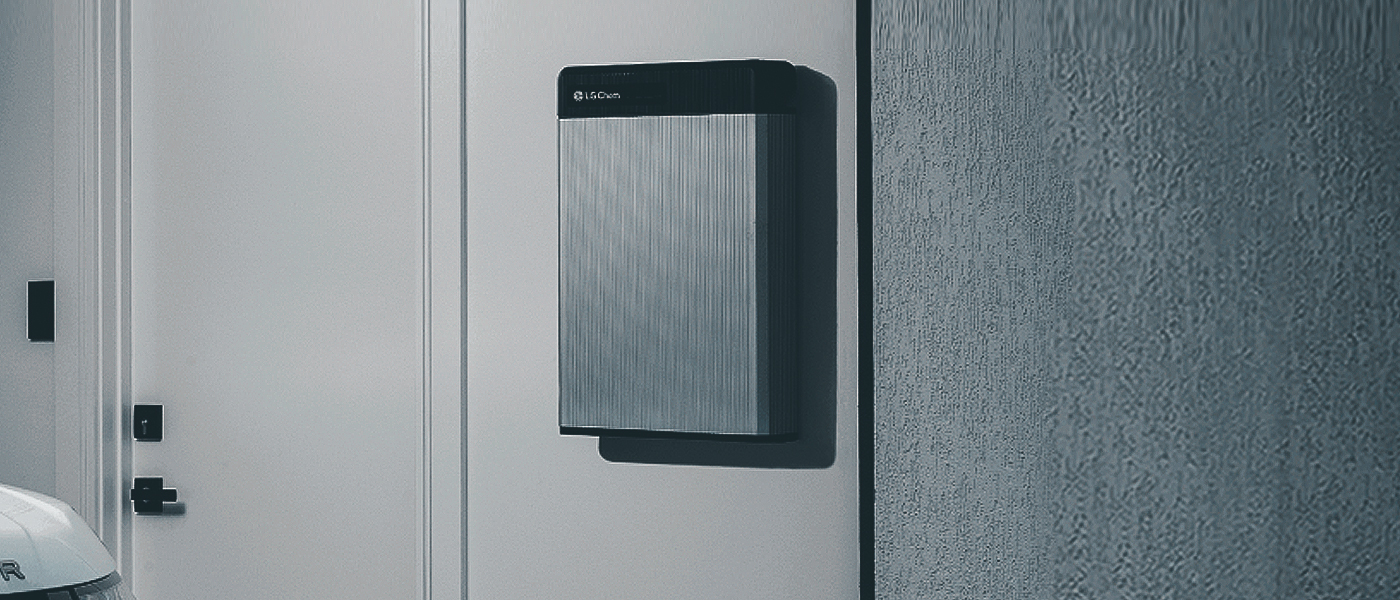How Do New Solar Panel Building Regulations Impact My Business and Clients?
Solar panel building regulations are becoming increasingly prevalent across the U.S., and homebuilders need to adapt their building processes to comply. California recently passed legislation requiring all new single-family homes to be equipped with solar-ready equipment.
Other states, including Arizona, Hawaii, Nevada, Colorado, and New Mexico, are considering adopting similar solar regulations. Regardless of where you’re building, it’s crucial to understand local and state regulations, and how they might impact your process and homeowners.
What Are the Solar Panel Building Regulations for Homes?
Most of the new solar panel building regulations are limited to the state of California. However, many of these mandates are expected to be adopted in other areas of the U.S., so all homebuilders should be familiar with them.
In 2018, California’s Building Standards Commission adopted new legislation to help draw state electricity from renewable sources. These laws were officially enacted in 2020. California’s solar mandate requires solar panels on all single-family and multi-family residences up to three stories high — and the systems must be large enough to cover a building’s yearly electricity consumption.
While this estimate can be challenging, some builders use a building’s square footage to calculate the annual consumption. Most builders have adopted a standard estimate of 2 solar power watts per square foot. For example, a 2,000 square foot home requires 4,000 watts of solar capacity. Other factors, including home layout, number of rooms, and occupants, should also be considered.
What Are the Solar Panel Building Regulations for Commercial Buildings?
Currently, California has not adopted any solar panel building regulations for commercial buildings. Additionally, apartment buildings with more than three stories do not have to include solar panels. This regulation is expected to change in the future, however.

How Do Regulations Impact the Building Process?
These new California mandates require the integration of solar within a home’s design. In order to meet these requirements, home plans must contain certain features, particularly on the roof. For example, the roof must be sturdy enough to accommodate the weight of solar panels, and the electrical system must have enough amp capacity to handle the energy produced.
Builders are also responsible for educating customers who are unfamiliar with the new regulations. If a client contracts your company to build their residence, you should include the price of solar panels in the overall cost of the home, and outline how they are included in order to meet required state mandates.
Builders must also provide homebuyers with flexible solar panel financing options. California law states that customers are not obligated to pay a down payment of more than $1,000 or 10% of the total system price, whichever number is less.

What Information Needs To Be Communicated To Homebuyers?
As a builder, you should clearly define the benefits of solar and as well as financing options.
Initial upfront costs of solar could be potential deterrents, but you can help alleviate this worry by outlining how solar can work for them — both in meeting their energy needs and financial situation.
Solar Benefits
- Utility savings: Many homeowners with solar panels save up to $500 per year on their utility bills. Experts estimate that solar systems pay for themselves after about six years of consistent use. Homeowners with solar panels can expect to pay about $.08 per kilowatt-hour. This is a significant saving over what the utility companies charge. You can calculate the savings by completing a simple division problem or using our solar cost calculator. Builders can help homeowners see these savings and explain the system payback time frame for each client.
- Resale values: Builders can also explain to homeowners that solar systems add a significant amount of resale value to a property. Many homebuyers are concerned about the environment and may be willing to pay more for a home with a solar installation. Additionally, Some homebuyers don’t want the hassle of installing the panels on a new home, so they are willing to pay a premium price for a home that already has the feature. It is in the best interest of builders to inform buyers of the premium resale values of homes with solar panels.
Solar Panel Financing Options
Builders should explain the financial benefits of installing a solar panel system. Some home buyers may be concerned about the upfront cost of the system. Therefore, builders should offer solar financing options to make solar panels available to more home buyers.
For example, through a solar lease, the buyer pays a fixed monthly payment to use the equipment. The builder is then in charge of maintenance and repairs on leases.
However, builders should be upfront that customers who lease solar panels are not eligible for tax credits, rebates and other financial incentives. The solar company legally owns the equipment, so they qualify for the economic benefits.
Builders should explain the pros and cons of leases, loans, and purchasing panels and help clients make the best choice for their situation. No one solution is appropriate for every situation.
While it may be more challenging initially to explain the benefits of solar panels to customers, it is actually better for the customer financially in the long run. Solar panels have become a vital part of the U.S. power grid, and many states are expected to follow California’s lead and mandate systems on all new buildings.
Work With Unbound Solar®
The new solar panel building regulations in many U.S. states can boost sales and educate more consumers about the benefits of solar panels. Builders who demonstrate expertise in the industry and adequately educate consumers have a substantial advantage over builders who are not well informed.
Unbound Solar® is committed to providing turn-key solar solutions to both builders and consumers. We offer equipment for solar-ready solutions and complete solar installations. Don’t ignore the new solar panel building regulations. Be prepped to incorporate solar panels into your current building design process to help your business grow.
Contact us today to find the best solar solutions for your company and your clients.



